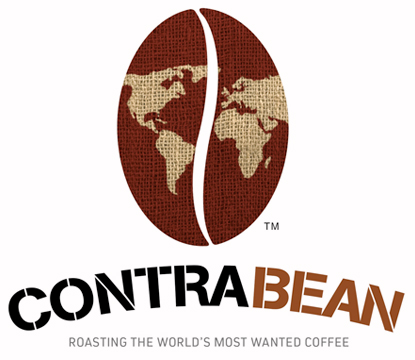Sumatra, Indonesia - Sumatera Bener Meriah - Wet Hulled
Contrabean Roasting Company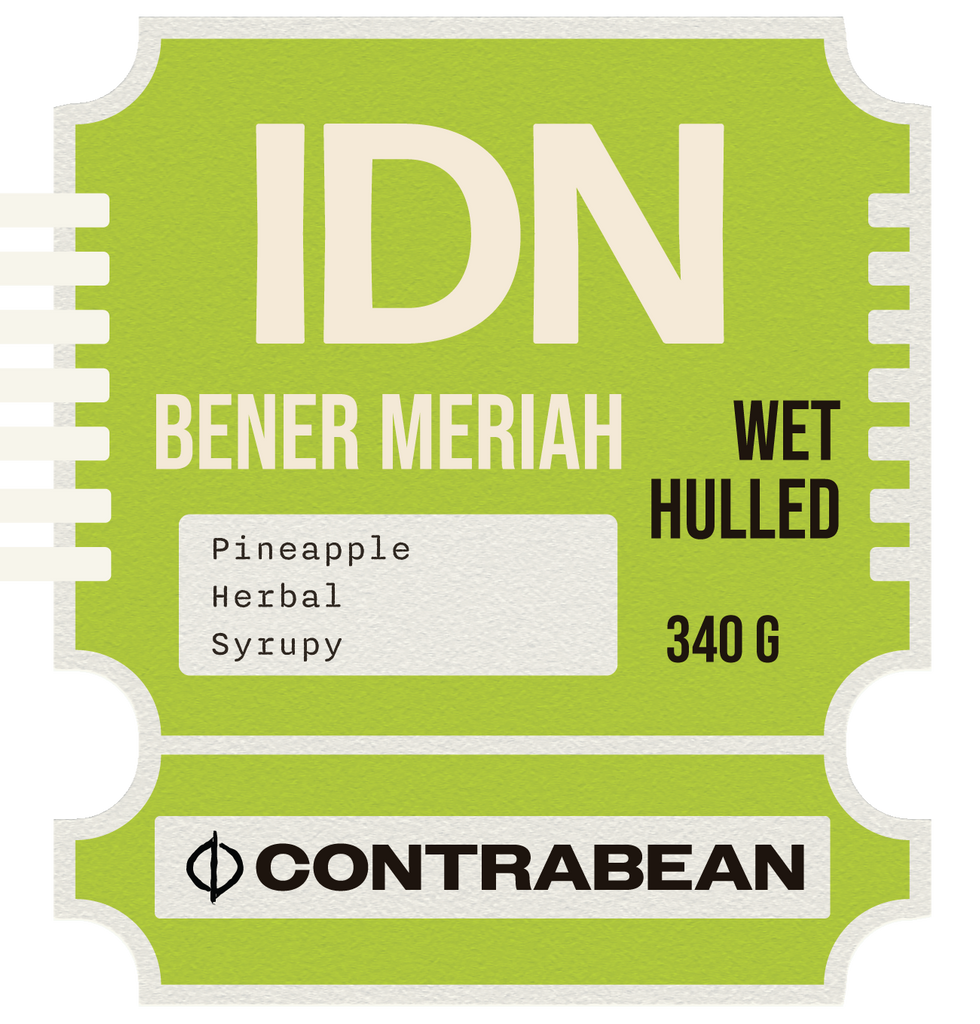

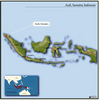
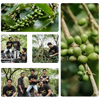
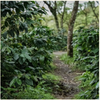

Sumatera Bener Meriah - Wet Hulled
Awesome Single Origin Espresso, Brew or Pour Over
This is an estate-grown coffee from Aceh Province, Sumaetra’s famous and most prolific for specialty wet-hulled profiles. Unlike most coffee in the area, which is traditionally grown by hundreds of smaller farmers and gradually consolidated through processing and milling, Central Sumatera Coffee operates a 100-hectare estate right in Bener Meriah regency, where they can control the genetics, harvesting, and post-harvest techniques to perfection. This lot is better sorted than most of its peers from the area, and sweeter and cleaner in the cup, while still exhibiting all the unique heft and minerality of a traditional wet hull processing style.
Sumatera's Aceh Province
Aceh (pronounced AH-CHEY) is the northernmost province of Sumatera. Its highland territory, surrounding Lake Tawar and the central city of Takengon, is considered to be the epicenter of one of the world’s most unique coffee terroirs.
Coffee farms in this area are managed with the experience of many generations of cultivation, while also harmoniously woven into their surrounding tropical forests. The canopies are loud and fields are almost impenetrably thick with coffee plants, fruit trees, and vegetables, all of which are constantly flushing with new growth. Year-round mists and rain showers never cease, farm floors are spongy and deep with layered biomass, and almost every square meter of the region seems to exude life. Nothing is ever still. Including coffee ripening, which occurs ten months out of the year.
Central Sumatera Coffee
Central Sumatera Coffee (CSC) is a young group, with young leadership. It was originally founded in 2015 by Enzo Sauqi Hutabarat, an urban university student. Aware of the growing demand across greater Indonesia for Sumatra’s best coffees, he gravitated toward Aceh as a culture and potential business environment. Until 2020 CSC only sold coffee domestically, but starting in 2021 they began to export as well, selling bits of coffee to the Middle East, Europe, Asia, and finally, in 2024, the United States, via Royal Coffee, for the first time.
CSC buys coffee from smallholders like a typical processor does. However, CSC also operates 3 large estates of about 100 hectares each: one in Bener Meriah, where this lot was produced; as well as 2 others in North Sumatra province, near Lake Toba. Their farms are organized varietally, allowing them to maintain unique genetic separations during harvest and processing.
Typical smallholder coffee in Aceh tends to be a blend of traditional heirloom cultivars, most of which are catimor hybrids, and this gives much of the area’s coffee a set of common characteristics that can be hard to transcend for a single producer. In CSC’s case, they have the genetic isolation, and the volume from such a large estate, to help them produce something unique. Even with similar processing styles as the collectors and coops around them.
The cultivar “abyssinia” is a narrow arabica lineage that traces first to Java, and then directly back to Ethiopia. Seeds were first brought by the Dutch to the island colony of Java in the 1920s from a few select mother trees in Ethiopia—known at the time as Abyssinia. When the genetics flourished in Java, growers continued propagating the plants, and strains can still be found occasionally across the archipelago. “Abyssinia” is also sometimes called “Java” to some. Abyssinia and typica closely resemble one another physically, and these gene pools are both known for their narrow, longbean-like shape.
Wet-Hulled Processing
CSC manages processing on their own estates. The Bener Meriah estate employs 30 pickers during harvest months, and 6 specialists for processing. Cherry is picked daily and sorted for ripeness and uniformity. Once collected it is depulped and fermented for 12 hours in an open tank, after which it is washed clean with fresh water and allowed to soak. In traditional wet-hulling fashion, the clean parchment is then sun-dried just to the touch, and then mechanically hulled of its parchment, leaving behind just the soft, high-moisture coffee bean (thus earning the term “wet-hulled”), all of which is spread out on large patios and tarpaulins to continue drying until the coffee reaches an internal moisture content of 12-13%.
